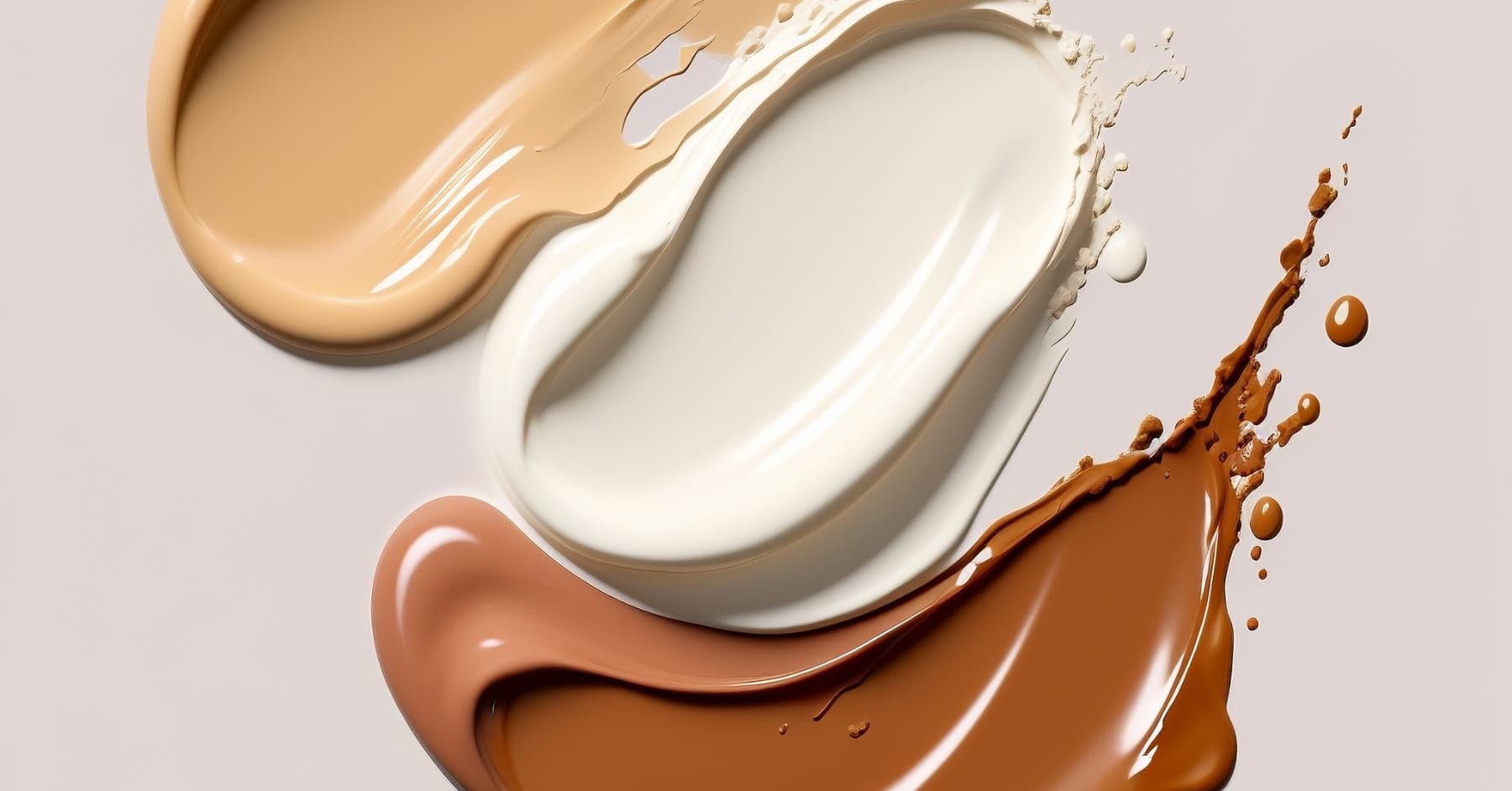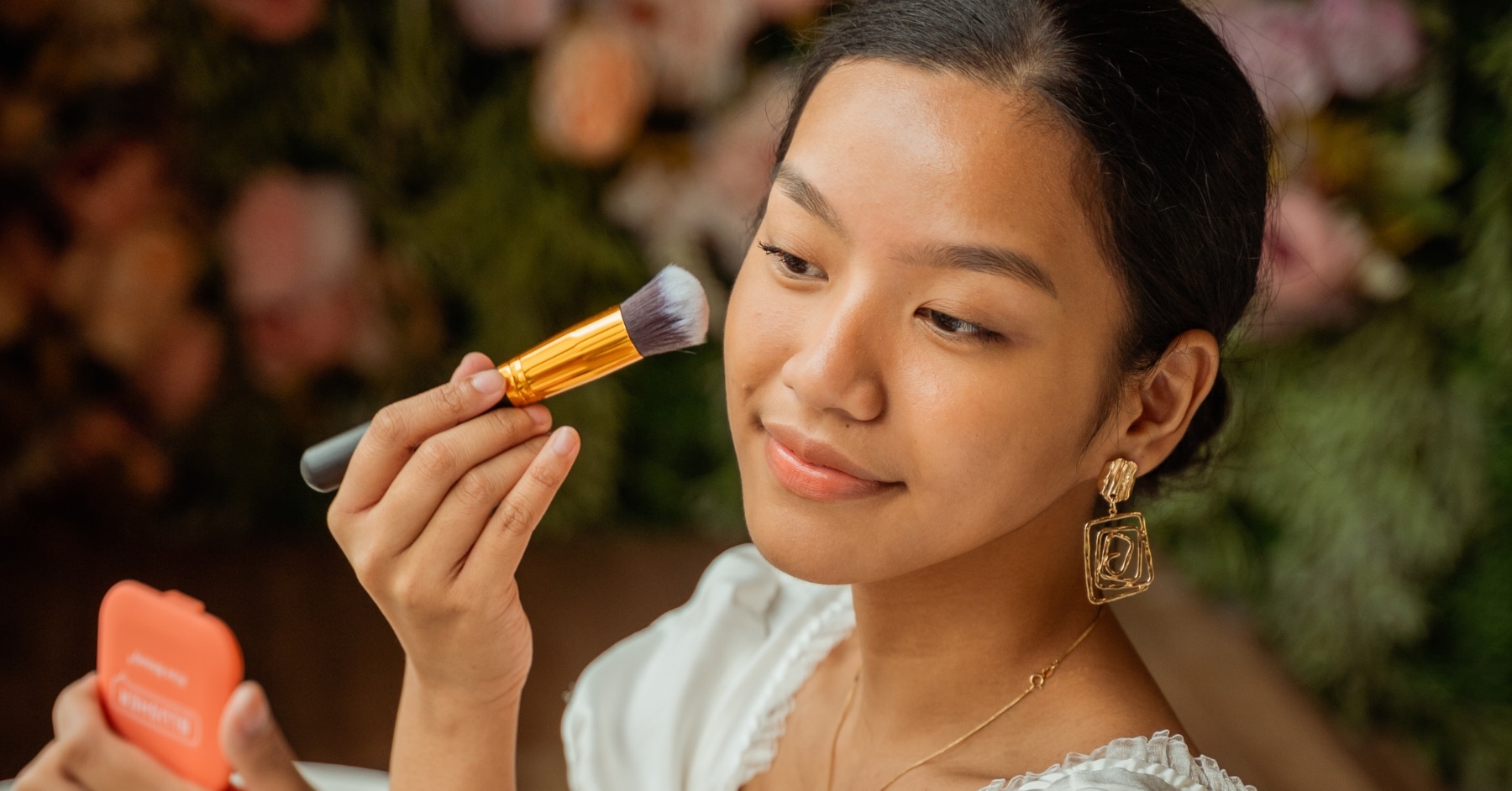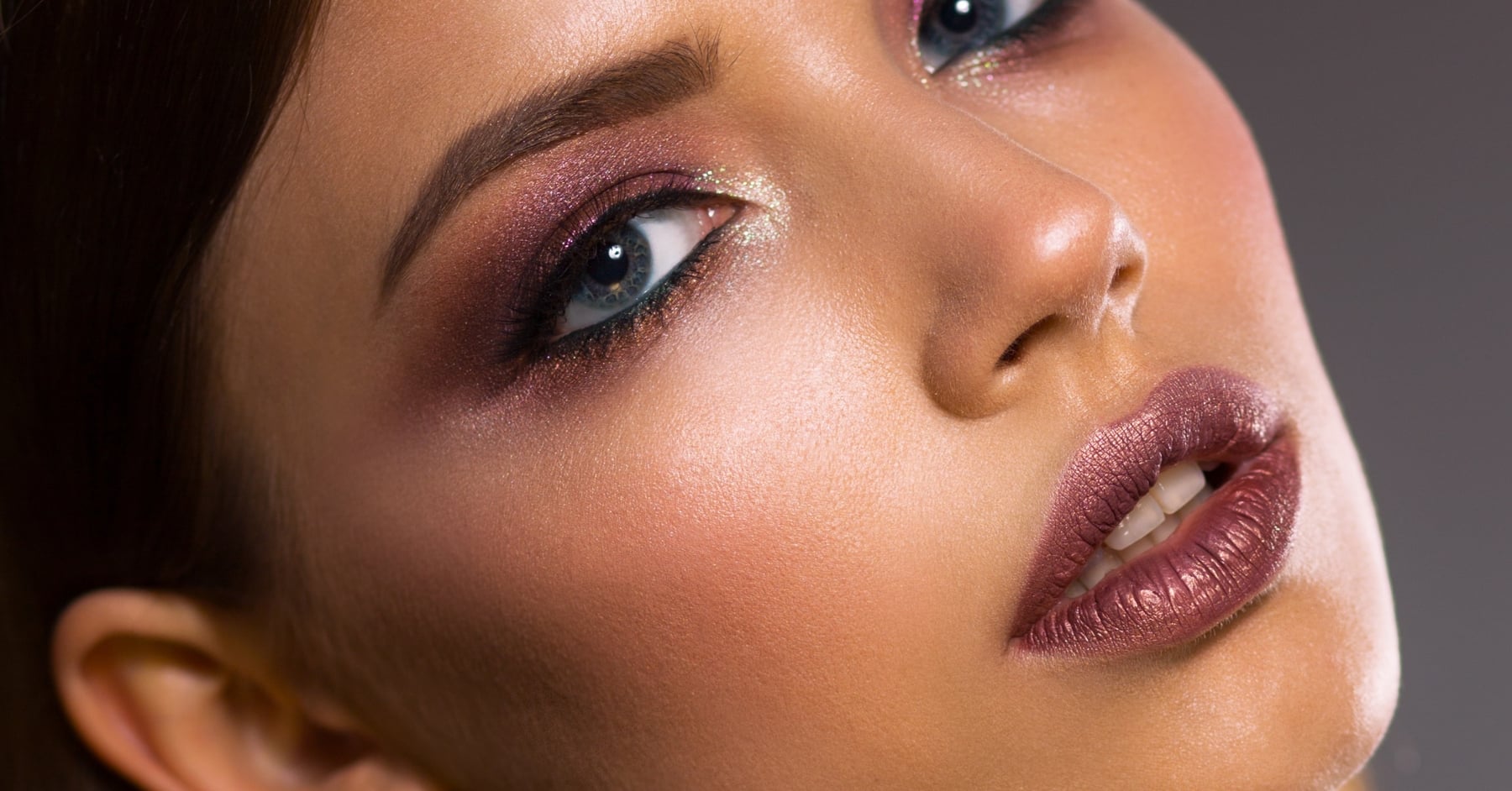Much like Goldilocks’ journey of taste-testing porridge, sitting down in different chairs, and trying out three beds, finding the makeup formula—cream, liquid, or powder—that works best for you is a process of trial and error. After all, with dozens upon dozens of brands and a daunting amount of products on the market (we’re talking hundreds of thousands) knowing what to pick up and put on is no easy feat. So, before you click to checkout or venture out to your local Priceline, Mecca, or Sephora, there are a few things to keep in mind about makeup formulas when you make a purchase.
Cracking the cosmetic formula dilemma
So, which makeup formula works best on your skin—cream, liquid, or powder? Is one formula actually better than the others? It’s a cosmetic dilemma that can be difficult to crack.
To start, here are some things you should consider;
- Your skin type—do you have normal, dry, oily, or combination skin?
- Desired coverage—what level of coverage do you want: light, medium, or full?
- Finish—which finish do you prefer: dewy, matte, or satin?
- Application—how do you apply your makeup: with your fingers, a sponge, or a brush?
- Consistency—do you prefer thicker, creamier textures or a more fluid consistency?
- Longevity—which has longer staying power?
Ultimately, the choice comes down to personal preference (based on the above elements) and your skin type. Whether you’re looking for the perfect foundation, blush, bronzer, or highlighter, we’ve outlined what you need to know about cream, liquid, and powder formulas to settle the debate below.
Cream products
Cream formulas are essentially liquid makeup in a solid form (think compact foundations and stick bronzers) that needs to be warmed up and worked into the skin. They’re buildable and offer medium to full coverage as their pigment load is typically stronger compared to liquid and powder products. Because cream products have a thicker formula, they’re meant to have longer staying power.
Who cream formulas work best for
If you have a dry, normal, or combination skin type, a cream formula is a great choice. It’s also a good option for mature skin. These products usually have a rich, hydrating formulation that’s moisturising and adds glow to the skin. If you want fuller coverage with a satin or dewy finish, cream makeup formulas are the way to go.
Applying cream products
Cream makeup products can be applied using just your fingers or a makeup sponge or brush, depending on your preference. If you’re layering products with different formulas, remember creams must always be applied before powders.
Liquid products
Liquid products are the most versatile as they come in various formulations. Their consistency varies from product to product but all are easily blendable, melt seamlessly into the skin, and are usually long-wearing. They vary in coverage, offering sheer, medium, full, and buildable coverage depending on the product, how much is applied, and the application technique used. Suited for all skin types, you can find liquid formulas in any finish—dewy, matte, satin, and more.
Who liquid formulas work best for
Liquid formulas work well with all skin types, it’s just a matter of choosing the right finish for you. Whether you want a hydrating formulation with a satin finish to complement dry skin or a matte finish for a combination skin type, liquid formulas have a universal appeal.
Applying liquid products
You can apply liquid products using your fingers, a makeup sponge, or a brush. How you choose to apply liquid-based products, like foundation, depends on the results you want. For fuller coverage, opt for a dense makeup brush. If you want a lighter application or a more natural look, buff it out with a makeup sponge.
Powder products
Powder products come in two main forms: pressed and loose. Pressed powders offer more coverage than loose powders, but both look more natural on the skin compared to cream and liquid products. Coverage varies from sheer to medium, depending on how many layers are applied, but is typically lightweight. Powder formulas always offer a soft matte to completely matte finish (unless it contains reflective particles).
Who powder formulas work best for
While all skin types can use this formula, powders are usually best for combination and oily skin types as many offer oil-controlling properties that counteract unwanted shine to keep the skin looking matte. Although they have a light formula, it’s important to be aware they can make fine lines and wrinkles more noticeable.
Applying powder products
Powders can be applied using a fluffy brush for softer, more sheer coverage or a dense brush for fuller coverage. They can be used on top of cream and liquid products to provide more coverage.
Finding the formula that works best for you
Even though we’re extremely lucky to have so many makeup options available to us, it can be confusing knowing what works, what doesn’t, and why. Whether you want to ace your base with flawless foundation, bring some colour to your cheeks with blush, or get the sunkissed look by bronzing, the makeup formula you use can make or break your look. The best way to find makeup that works best for your skin? Experimenting with different formulas.
From personal preferences, such as your skin type, desired coverage, and finish, to considerations like seasonal changes, ingredients, and different occasions (think everyday wear vs special events), deciding between buying cream, liquid, and powder products takes some time, consideration, and trial and error—and you won’t know unless you try.




